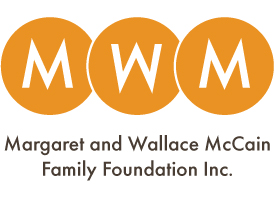We investigated the extent to which practices considered developmentally appropriate and inappropriate varied by preschool program auspice (private, public school, and Head Start).

EXPANDING PUBLIC EDUCATION
Evidence: Research with Additional Links
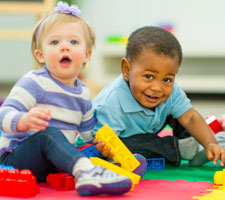
Auspice and other policy-related variations in preschool practice in the United States: have public preschool programs been more academic?

The Importance of the Second 1000 Days (2024)
The first 1,000 days of a child’s life – pregnancy and the months leading to their second birthday – are a critical time. Expectant mothers need good antenatal care.
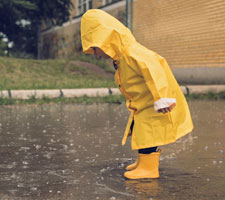
Long Term Impact of Junior Kindergarten (2024)
Since 1995, publicly funded pre-K with universal eligibility has proliferated across the U.S. Universal pre-K (UPK) operates at great scale and serves children with a wide range of alternative childcare options.

The value of play placed learning in Norway
Kindergarten is so important to level out social inequities,” said Ullmann as we drove to a second site run by Kanvas. “In Norway, we think it’s democratic that everyone can have the same opportunities and move out of being poor. Social differences are something Norway does not accept.
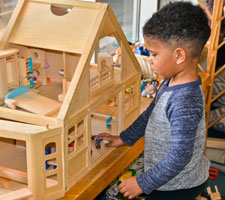
Children's Early Learning Belongs in Neighbourhood Schools (2023)
The beginning of each school year brings an opportunity to reflect, for children, families and also for policymakers. Some important lessons pertain to effective ways provinces and territories can expand children’s and families’ access to early learning programs.
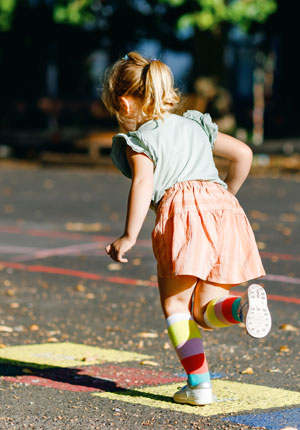
A significant part of the solution to early learning and child care resides in our schools by offering universal pre-kindergarden for 4-year-olds as an extension of public education.
